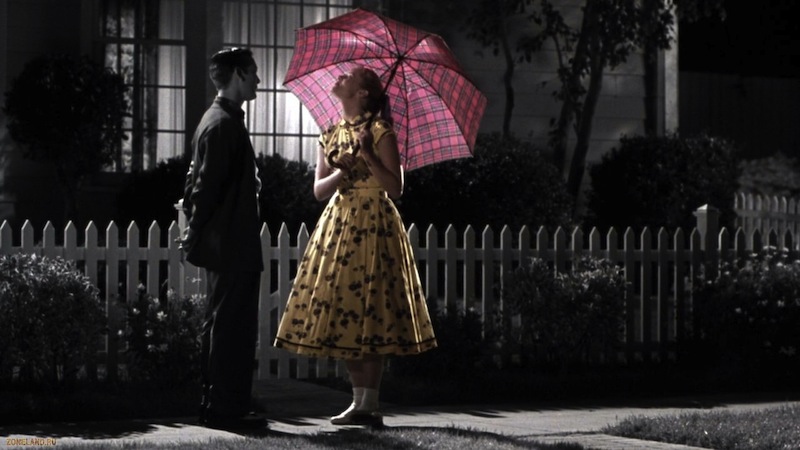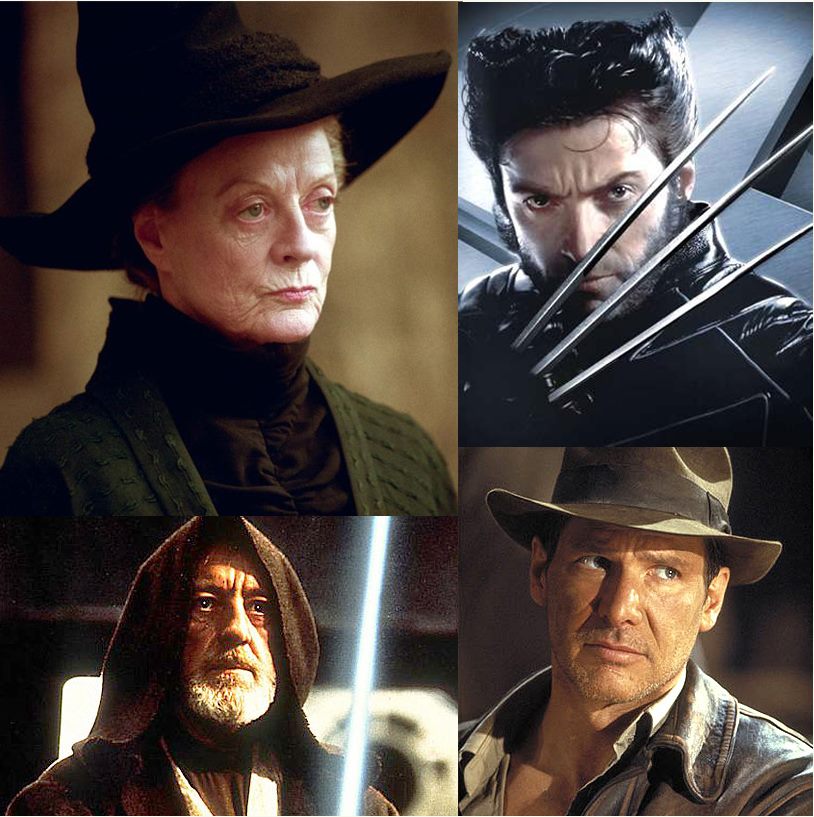 Stephen Swanson, prompted by a recent colleague's sharing of the "Read a Book" rap and expressing a desire to show it to their students. Without getting into issues of race and class, what is the problem with the "reading issue" a bit more broadly?
Stephen Swanson, prompted by a recent colleague's sharing of the "Read a Book" rap and expressing a desire to show it to their students. Without getting into issues of race and class, what is the problem with the "reading issue" a bit more broadly?
Nothing New...
There's nothing new about a general frustration of an older generation of educators complaining about the lack of preparation of the future generation and a fear of a disappearance of books or quality books or the right books, and so on. It seems that every year a cycle of e-mails make the teaching rounds of century-old quotes that sound just like our feelings of today.
It's Not that I Don't Like to Read, but...
What I've noticed might be changing is that while my students (both young and old) have less experience reading things on their own, they often express a desire to read more and learn to read for pleasure.
In fact, this week, one of my lit students commented during break, "I really like how we are thinking differently about this book, but I also wish that we could take time to enjoy it. I don't even know how to do that anymore." At first, my hackles raised, and I wanted to reply, "Well, that's because you're learning to REALLY look into a book and figure out how it means." Fortunately, I stopped myself and thought for a second.
Why shouldn't we take time to teach/give credit for reading just for enrichment or pleasure?
Part of it is probably because the people teaching are often the one's who already love reading and take that as a given. As can be seen by the launch of the iPad, an understanding of contemporary society must take on the growing assumption that things should "fit me". On a certain level, this is pure hubris and entitlement, but "it is what it is", as they say. Like it or not, people have less time for traditional "reading" and when one is not introduced to reading very early in life (Geoffrey Canada's Harlem Children's Zone advocates that an interest in books should happen in the first 3 years), then where else will you get it?
It's Important, Really, but Don't Make It Too Important.
An NEA study from 2007 found all the usual suspects. Reading is falling, and it is becoming more important for work. However, what really gave me pause when this student asked her question was that the immediate assumption that emerged that one must justify reading in terms of educational, and primarily economic, reasons.
Would reading really not be something to teach if it only offered another way of enjoying oneself and connecting to other people, ideas, times, and places? Looking at the books and movies selected for awards or even just for small, local book groups, one would assume that loving books means loving stories about the deaths of young girls, loss of innocence, or big, historical epics.
In writing this, I've often devolved into a screed against the focus on quantitative educational goals, but I need to keep deleting them and move on to the bigger points. Reading is more than enjoyment, as I teach in my literature and rhetoric classes. Reading is also more than analysis and critique, which is not really taught or encouraged anywhere, and I think it needs to be.
Why Can't I Stop Being Serious?
I'll give you a personal example of how difficult this is for me to accomplish. A couple weeks ago, I was meeting a friend at my favorite bar, and I brought in the genre novel that I was reading at the time (Bounty-hunter Witch Lives with Vampire and Struggles for Her Identity). After a while of sitting at the bar, a patron asked me, "What are you reading?" I turned the cover so that she could read the title and author. She inquired, "What's it about?" "Well,...[confused retelling of backstory]," and I immediately felt the need to point out, "Well, I study genre narratives, especially those about detectives and detective-like characters, and especially about individual morality and ethics."
Immediately after the addendum, she smiled and said, "Cool. That's awesome that you study something that you love." It was to this moment that my mind jumped just this last week when the student asked about reading for pleasure. I do love the literature that I teach, well most of it, but I've loved it for so long that I forget what it is like to learn to love something. That "learning to love" is a slow process, just ask my wife about onions, but it is a worthwhile process to learn, just ask my wife about onions. It is something worth putting some time, effort, and reward into sharing with others, if for society in general, then at least for individual, selfish reasons. While I am loath to say it, learning to love something might even prove useful for one's future life and career, but don't tell anyone I said so.
***
Stephen Swanson teaches as an assistant professor of English at McLennan Community College. Aside from guiding students through the pitfalls of college writing and literature, he spends most of his time trying to remain aware of popular culture, cooking, and enjoying time with his wife and son. He holds degrees in Communications (Calvin College), Film Studies (Central Michigan University), and Media and American Culture Studies (Bowling Green State University. In addition to editing a collection, Battleground States: Scholarship in Contemporary America, he has forthcoming projects on Johnny Cash and depiction of ethics in detective narratives.
 Matthew Fox tells the story in his book Creativity, about a group of fundamentalists who became the majority on a New Hampshire county school board. Their first decree was to not allow the use of the word "imagination" in the classroom. When Mr. Fox inquired what they were afraid of they said, "Satan. Satan lives in the imagination."
Matthew Fox tells the story in his book Creativity, about a group of fundamentalists who became the majority on a New Hampshire county school board. Their first decree was to not allow the use of the word "imagination" in the classroom. When Mr. Fox inquired what they were afraid of they said, "Satan. Satan lives in the imagination."






